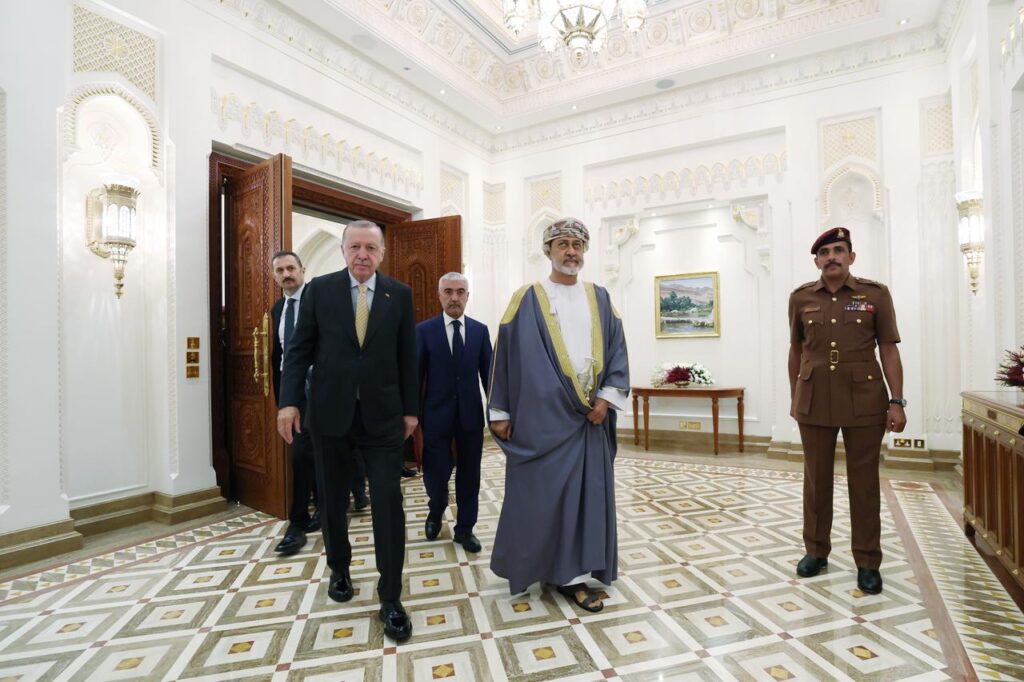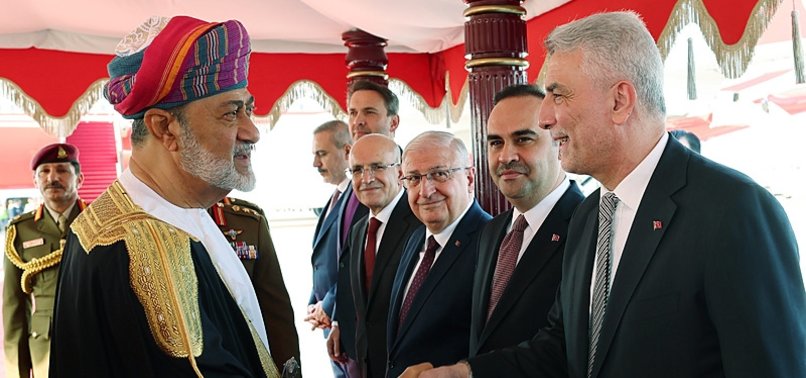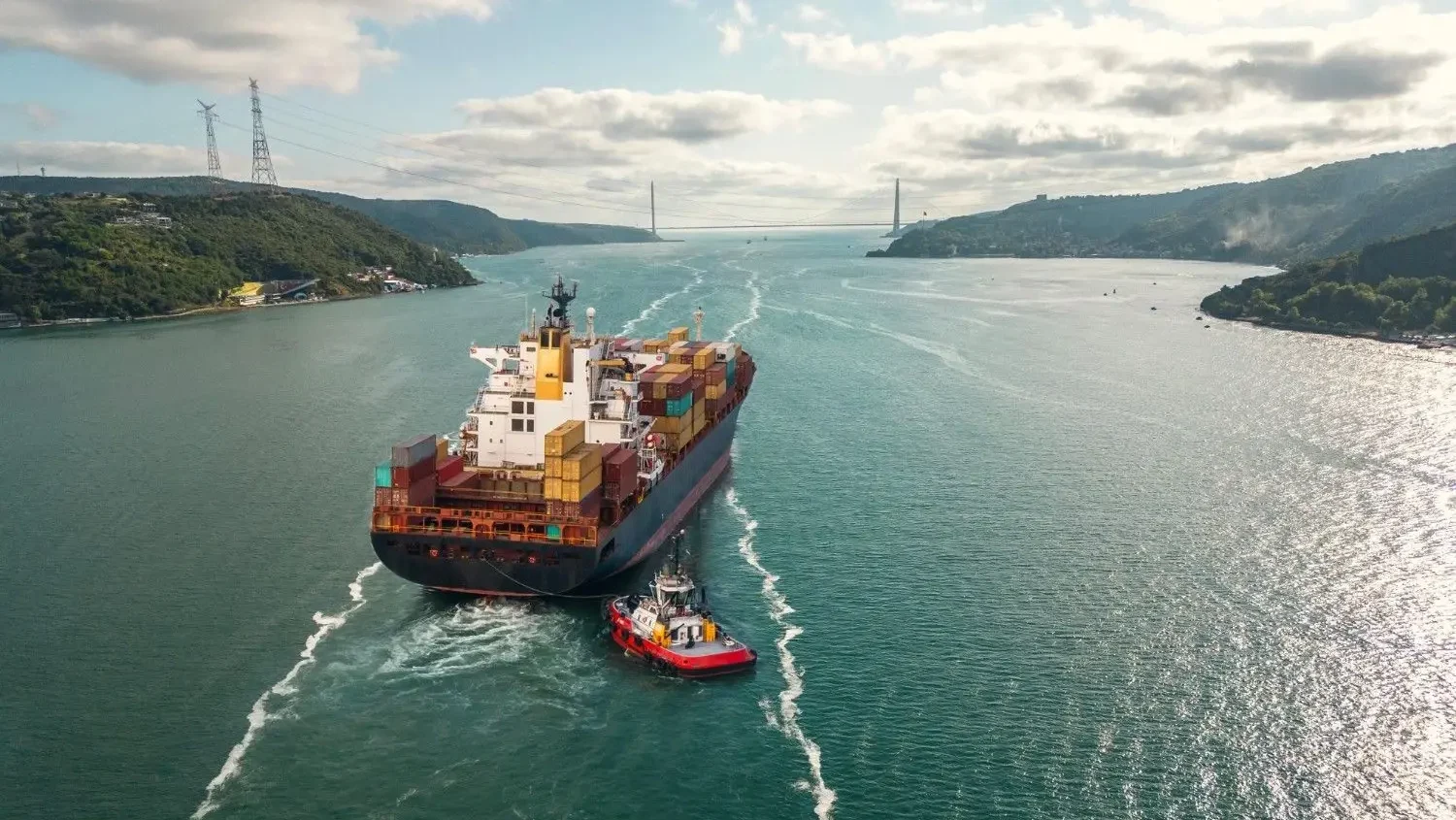Türkiye and the Gulf nations are stepping into a new era of economic collaboration. Following President Recep Tayyip Erdoğan’s recent diplomatic tour across Kuwait, Qatar, and Oman, the two regions have set an ambitious $15 billion trade target. This initiative not only signals a strengthened partnership but also reflects a shared vision of growth, stability, and innovation.
Strengthening Bilateral Relations
President Erdoğan’s visit to the Gulf countries from October 21 to 23, 2025, was a significant move in deepening Türkiye’s ties with the region. Accompanied by Trade Minister Ömer Bolat, the President engaged in extensive discussions with top Gulf leaders. These meetings focused on enhancing trade, investment opportunities, and collaborative projects.
The discussions culminated in a mutual agreement to aim for $15 billion in trade, with each country pledging to contribute to this target. Beyond numbers, these efforts reflect a commitment to strengthen political, economic, and cultural relations. By aligning strategies, both regions are laying the groundwork for a partnership that goes beyond conventional trade, encompassing technology, energy, and infrastructure.
Comprehensive Free Trade Agreement
At the heart of this economic boost is the plan to negotiate a comprehensive Free Trade Agreement (FTA) between Türkiye and the Gulf Cooperation Council (GCC). The agreement aims to cover trade in goods and services, investment flows, and digital commerce, reflecting the changing landscape of global business.
The FTA is expected to reduce trade barriers, simplify regulations, and create an environment conducive to long-term investment. For businesses, this means smoother transactions and broader opportunities, while for consumers, it promises access to diverse products and services. The agreement is also a strategic step for Türkiye, allowing it to strengthen its presence in the Gulf while fostering a balanced economic exchange.

Diverse Economic Sectors
Türkiye’s exports to the GCC countries reached $14.7 billion last year, and this partnership has the potential to significantly grow that figure. Machinery, electronics, textiles, and automotive products form the backbone of these exports, demonstrating Türkiye’s industrial and technological capabilities.
On the other hand, imports from Gulf nations, which totaled $13 billion, largely include energy resources, petrochemicals, and luxury goods. The complementarity of these trade flows highlights the mutual benefits of collaboration. By focusing on sectors where each region excels, both Türkiye and the Gulf countries can achieve sustainable economic growth.
The new trade target encourages diversification beyond traditional sectors. Investments in renewable energy, technology-driven industries, and infrastructure projects are all part of the vision. By tapping into these opportunities, Türkiye and Gulf nations aim to create a more resilient economic ecosystem.
Strategic Investments and Infrastructure Projects
The diplomatic tour also emphasized strategic investments and collaborative infrastructure projects. In Qatar, joint ventures in energy and technology sectors were highlighted, aiming to leverage each nation’s expertise. These projects are designed to drive innovation, improve efficiency, and enhance regional competitiveness.
In Oman, discussions centered on infrastructure development. Potential projects in transportation, logistics, and port facilities are expected to improve connectivity between Türkiye and Gulf nations. Such projects not only stimulate economic growth but also create employment opportunities, strengthen trade routes, and foster stronger regional integration.
These initiatives reflect a forward-looking approach where trade is complemented by investments that build long-term capacity. Both regions recognize that economic prosperity is deeply connected to modern infrastructure and technological innovation.
Cultural and Technological Diplomacy
Beyond trade and investment, President Erdoğan’s visits demonstrated the importance of cultural and technological diplomacy. In Kuwait, Erdoğan presented the Emir with a Turkish-made electric vehicle, showcasing Türkiye’s advancements in sustainable automotive technology. This gesture symbolized Türkiye’s innovation and the potential for collaboration in environmentally friendly industries.
Cultural diplomacy also plays a key role in strengthening ties. High-level visits often include exchanges of ideas, cultural artifacts, and joint initiatives that deepen mutual understanding. By integrating cultural and technological elements, the Türkiye-Gulf partnership becomes more holistic, fostering goodwill alongside economic growth.

Long-Term Vision for Regional Cooperation
The $15 billion trade target is more than a milestone; it represents a long-term vision for regional cooperation. Both Türkiye and the Gulf countries aim to build resilient economic partnerships capable of weathering global uncertainties.
Diversifying trade and investment opportunities ensures that the partnership is not limited to a few sectors but spans multiple industries, including technology, energy, manufacturing, and infrastructure. This broad approach strengthens economic security and reduces dependency on any single market or sector.
Furthermore, regional cooperation fosters innovation. By sharing expertise, resources, and technology, Türkiye and the Gulf nations can develop competitive industries that contribute to global markets. This approach emphasizes shared prosperity, where the success of one region strengthens the other.
Opportunities for Businesses
For businesses in both regions, the trade target opens numerous opportunities. Turkish companies can expand their presence in the Gulf markets, tapping into sectors like construction, healthcare, and digital services. Similarly, Gulf investors gain access to Türkiye’s growing industrial base, enabling them to diversify portfolios and explore new markets.
Small and medium-sized enterprises (SMEs) also stand to benefit. By easing trade regulations and providing investment incentives, the FTA can help local businesses scale operations internationally. This encourages entrepreneurship, job creation, and innovation, contributing to economic dynamism in both regions.
Conclusion
Türkiye and the Gulf nations are embarking on a promising journey of economic collaboration. The $15 billion trade target, while ambitious, reflects a shared commitment to growth, innovation, and long-term regional cooperation.
Through strategic investments, diversified trade sectors, cultural diplomacy, and modern infrastructure projects, this partnership is set to redefine economic relations in the region. It highlights the power of diplomacy not only to enhance trade but also to foster understanding, trust, and shared prosperity.
As Türkiye and the Gulf countries move forward, their alliance serves as a model for regional collaboration, demonstrating how countries can leverage mutual strengths for a brighter and more prosperous future.
Do follow Gulf Magazine on Instagram.
Also Read – Templewater Invests in Neolix to Bring Autonomous Robovans to Oman



